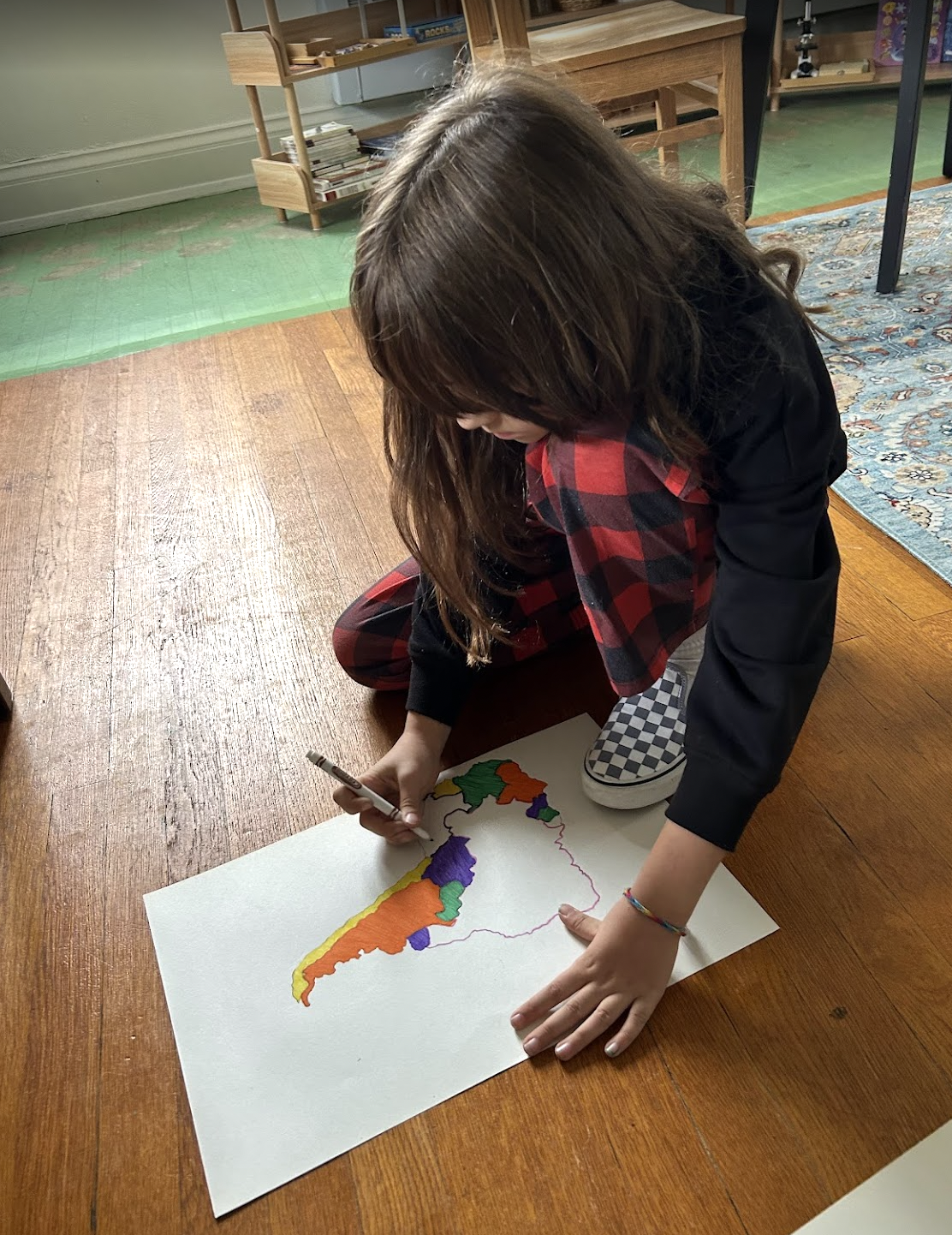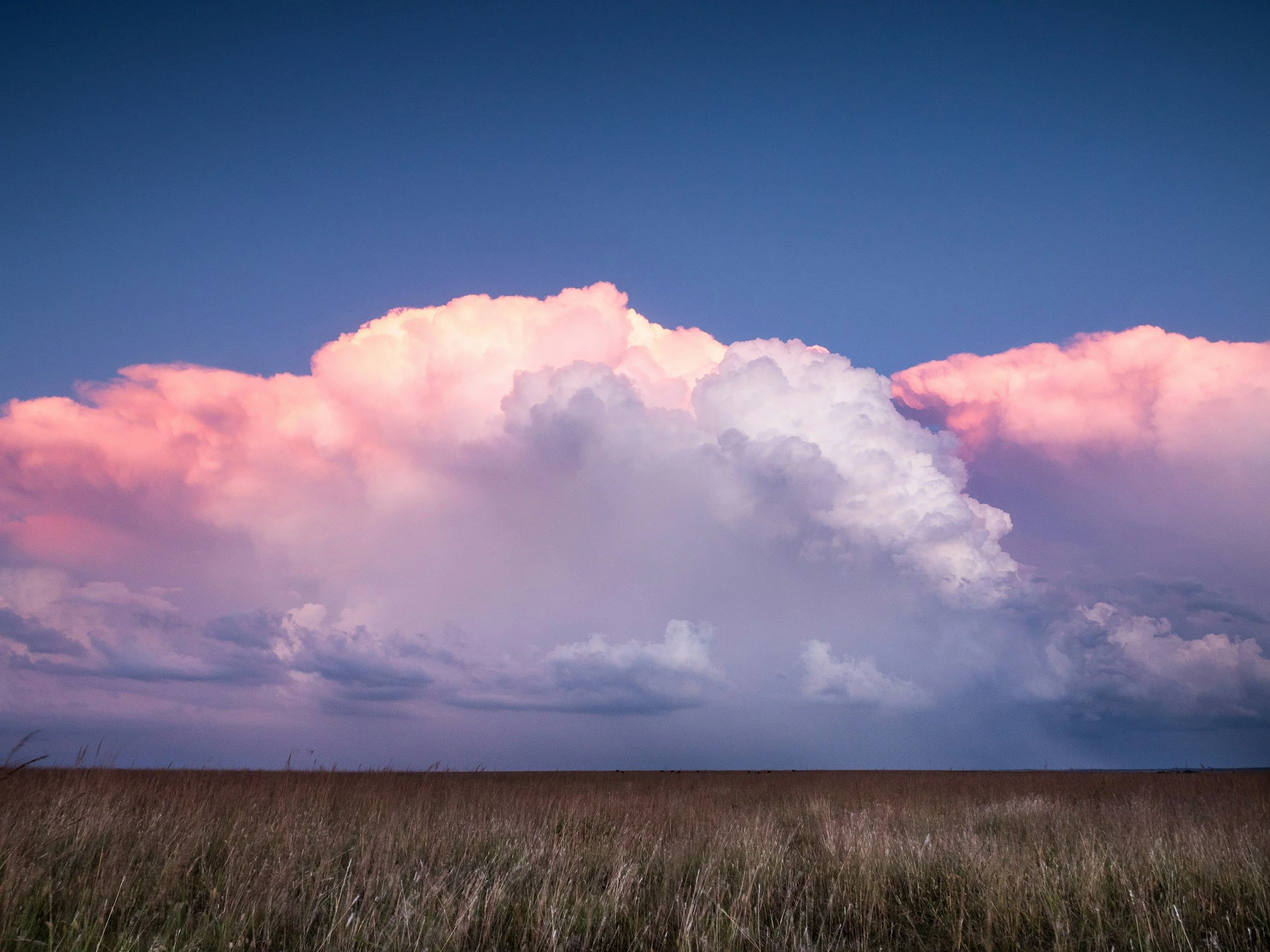
Nature and place-based learning in Northern Illinois
Northern Illinois provides endless opportunities for Montessori-inspired, project-based education.
Curriculum Built for Depth, Responsibility, and Real Growth
At Headwaters, curriculum is a living structure that supports children in becoming capable, steady, and intellectually alive. We combine Montessori principles, project-based learning, and structured academics to create an environment where children can stretch.
How Learning Is Structured
Headwaters is intentionally structured. Students move through their day with:
Clear work blocks
Mixed-age collaboration
Independent practice
Small group instruction
Outdoor applied learning
Freedom exists inside strong boundaries. Autonomy grows alongside responsibility. This is not passive learning. Children are expected to work thoughtfully and consistently.
Core Academic Foundations
-
Our curriculum is informed by Montessori’s planes of development and current developmental science.
We recognize that:
Younger children need movement and hands-on experience.
Upper elementary students need challenge, debate, and responsibility.
Middle school students need meaningful contribution and increasing autonomy.
We do not rush development. We also don’t underestimate children’s capacity.
-
Headwaters teaches regulation, communication, and ownership directly.
Students practice:
Conflict resolution
Emotional vocabulary
Reflection
Self-management of time and commitments
SEL is woven into classroom life and taught explicitly in dedicated sessions. We’re building children who can handle frustration, speak clearly, and recover from mistakes.
-
Our food systems and land-based curriculum connect academic learning to real work.
Students:
Tend gardens
Study ecology
Participate in seasonal cycles
Understand where food comes from
Engage in meaningful stewardship
This is not enrichment. It’s integrated into the academic program.
-
Students at Headwaters grow into:
Independent workers
Clear thinkers
Strong communicators
Steady contributors
Our progression model ensures that as students age:
Expectations increase
Work deepens
Responsibility expands
-
No grades here. We evaluate through:
Observation
Work completion
Demonstrated mastery
Conferences
Families receive clear, thoughtful feedback about academic and personal development. Assessment is meant to guide growth, not label children.
Headwaters is designed for families who want:
Structure and freedom
Rigor and humanity
Responsibility and joy
If this model resonates, we invite you to explore admissions or connect with us directly.
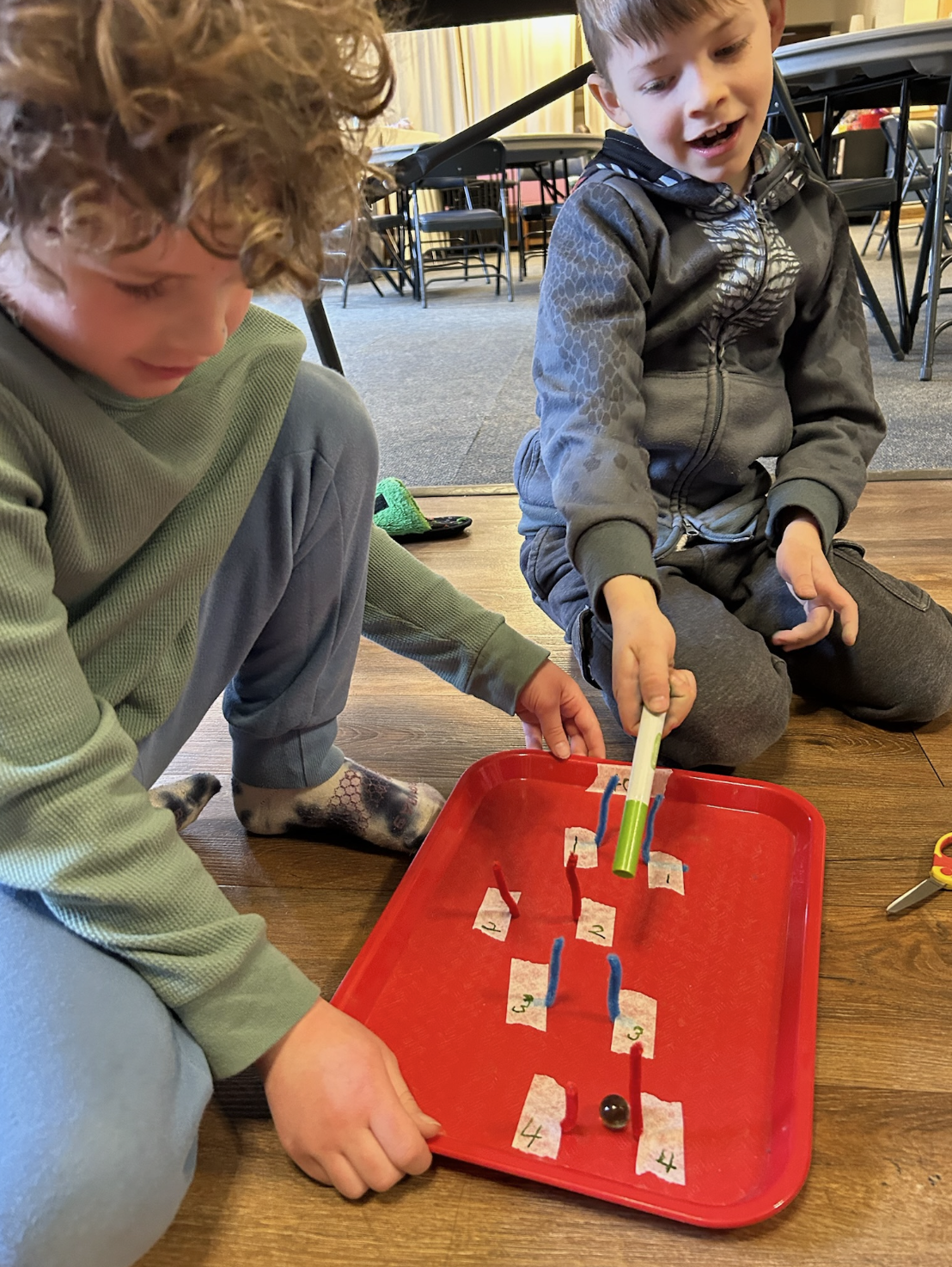
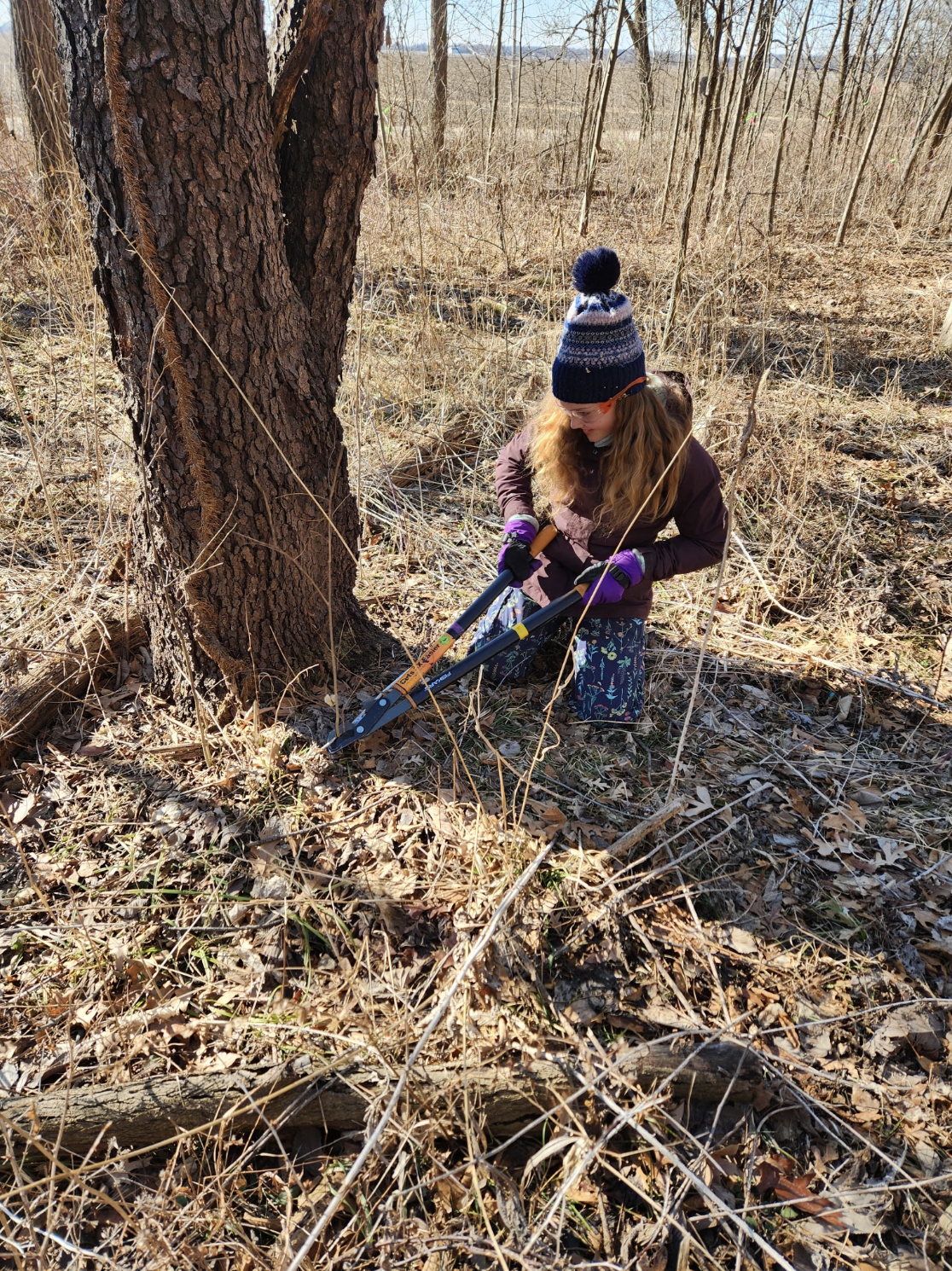

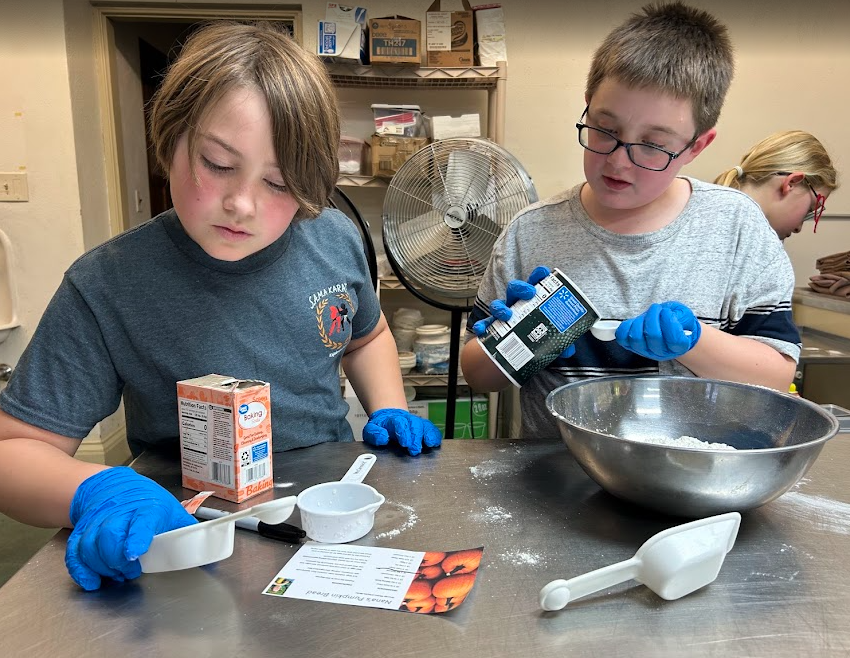
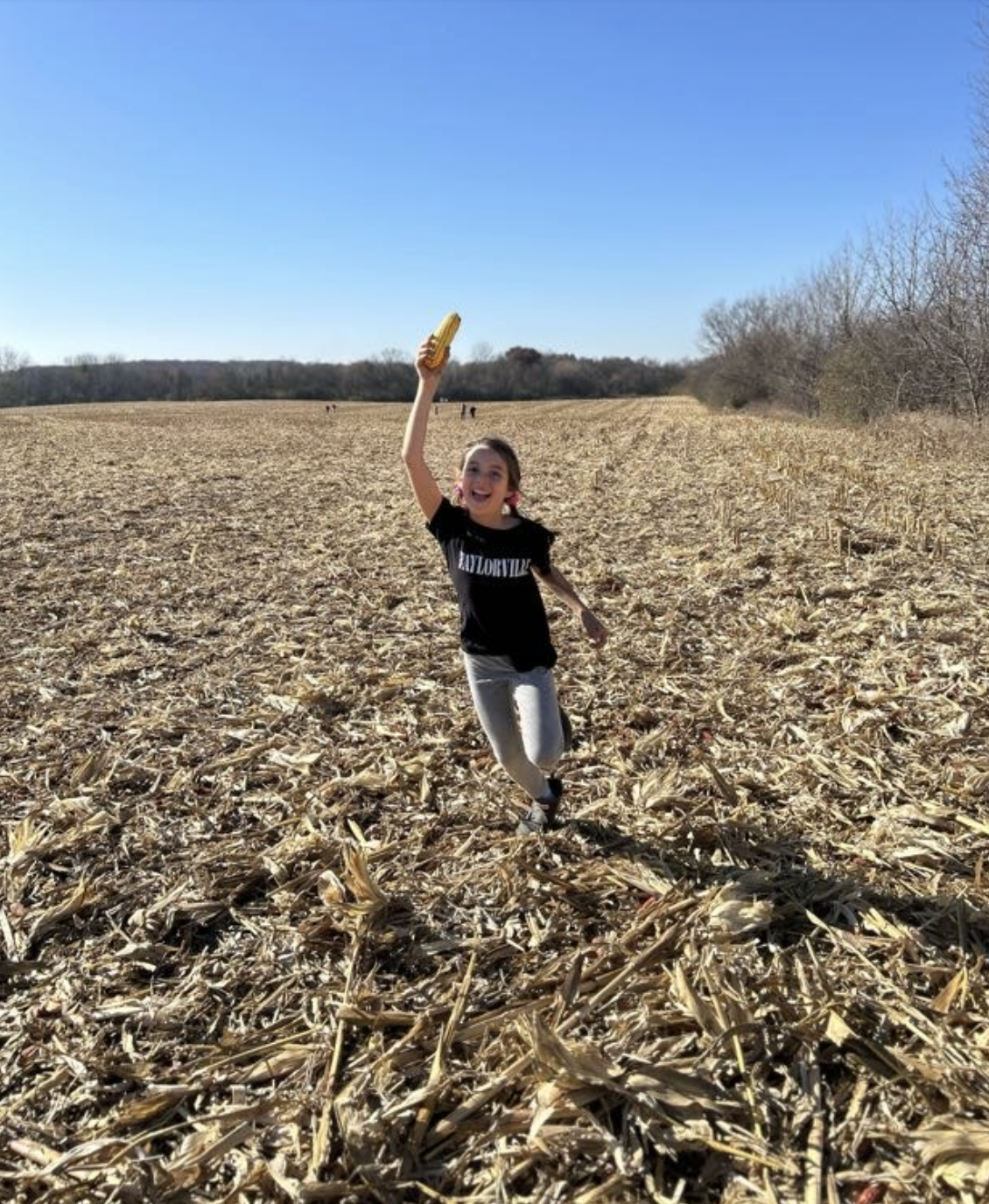
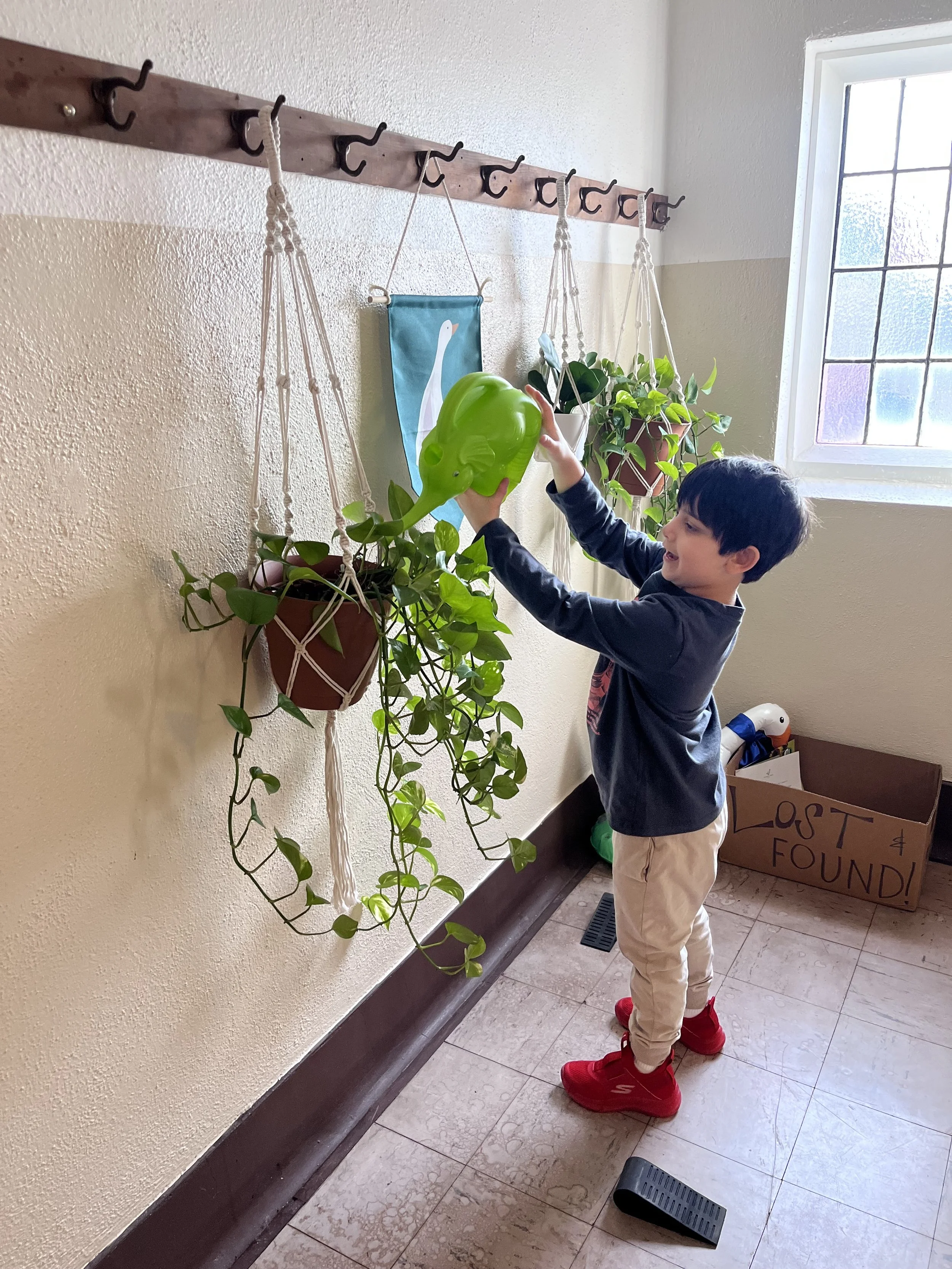
Pilot Year Curriculum
Montessori Principles
Mixed-age classrooms essential for peer teaching, role modeling, and leadership experience
Prepared environment: the Montessori classroom is a carefully prepared learning space with a distinct sense of order
Freedom of movement and choice
Intrinsic motivation: learning is its own reward
Respect for the child, honoring each child's gifts and readiness to learn, individualized learning
Self-directed learning to foster independence
Educating the whole child
Educators support the child’s intrinsic motivation and curiosity, and foster their love of learning
Project-based learning: working together to solve real world problems and create solutions as a team
Nature and Place
Place-based curriculum with limitless opportunities to learn
Extended daily time in nature, which is important to children’s intellectual, emotional, social, spiritual, and physical development
Nature-based education, specifically sustainability, can help children understand the interdependence between humans and their environment
Environmental stewardship instills a sense of responsibility and helps children understand their role in preserving the planet
Place-based immersion days allow students to dive deeply into different biomes, subjects, and areas of focus
Academic Rigor
Adherence to Illinois Learning Standards
Teachers challenge students to work at the uppermost levels of Bloom's taxonomy including creating, evaluating, analyzing and application
Focus on critical thinking and creative problem solving
Students are provided timely feedback and positive reinforcement, creating a safe learning environment for taking risks
Differentiation: teachers find ways to challenge each child based on their learning styles and strengths
Self-assessment: students identify areas of strength, discover how to reach learning goals, and take ownership of their own learning
Questions in class lead to deeper curiosity, encouraging students to connect their learning to the world around them
